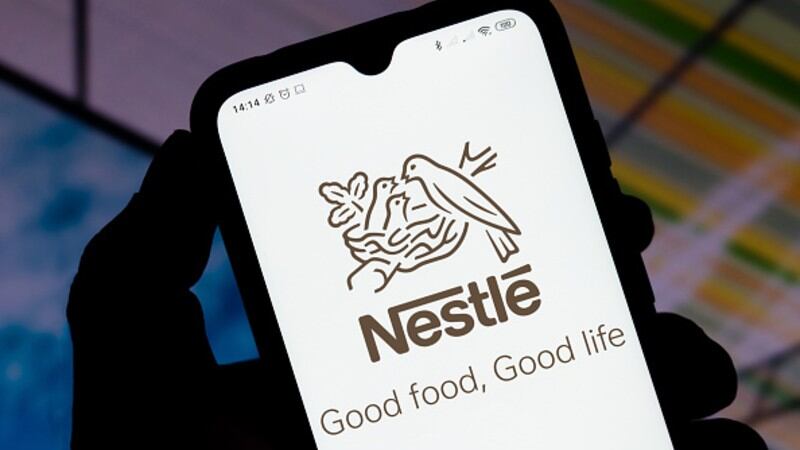According to Food Frontier’s 2020 State of the Industry report for the Australian plant-based meat sector, the country’s local plant-based industry is growing strongly, what with manufacturing revenue having doubled over the past year (from A$35.2mn / US$26.8mn to A$69.9mn / US$53.3mn) and grocery store sales having leaped 46% to generate some A$154mn – all this despite troubles from the COVID-19 pandemic.
Despite the rosy picture locally, in order for the sector to achieve its full potential, as well as drive costs down further, it will be crucial for firms to look outwards to other countries, and focus on improving their exports game.
“Increasing exports will be key to the Australian plant-based meat sector’s path towards economies of scale,” Food Frontier Head of Industry Engagement Karen Job told FoodNavigator-Asia.
“This is a focus for many organisations currently, as the key to unlocking price parity is to grow volumes and dilute overheads, and most food firms are aware of this.
“Exports were the way that conventional meat managed to grow to the size it did, and it is the same for plant-based meat as well.”
Job highlighted that Asia is one of Australia’s most key target markets due to proximity and large-scale protein demands. But Asia is well-known to also be a very price sensitive market, and for Australian plant-based meat products to have any hope of going mainstream here, driving down costs is the key hurdle to tackle.
“Asia is definitely a very important market - There are already some firms actively exporting products to Asia such as v2foods and Fenn Foods – in fact I believe that v2foods has already managed to reach price parity for its mince product, so that will be a plus for them,” said Job.
“Firms are generally exploring all countries in Asia at the moment, depending on their product, and we are confident that Australian products will find a strong place in Asia as there is also a very strong demand for Brand Australia there.
“Catering to the rising demand for protein from a growing and increasingly affluent [population] who are receptive to the premium, safe nature of ‘Brand Australia’ goods is key to the business strategies of many new Australian plant-based product manufacturers.
“To work on increasing exports and driving costs down further, Food Frontier is producing export guides to accelerate all of this and help the industry achieve the production volume increases necessary to drive down unit product manufacturing costs.”
Other opportunities and hurdles to overcome
Job also highlighted production limitation as another current hurdle that the sector is still caught at, although the past year’s results have shown significant improvement.
“Another major challenge currently is that many local plant-based manufacturers are operating on a reasonable small scale, which makes it difficult to reduce costs,” she said.
“However, 2020 saw a doubling of manufacturing revenue from A$35.2mn in 2018/19 to A$69.9mn in 2019/20, which indicates that demand for plant-based meat is increasing, and when more product is manufactured, costs can then come down.
“The other main area to look at is in terms of product formats, and whether plant-based meats are developed and transported as frozen or chilled products.
“Retailers generally prefer to stock plant-based meats in the chilled section to appeal to consumers looking for a meat alternative, but this would be difficult for exports so frozen is the more common export format [but these are] often unjustifiably associated with a lower perception of freshness and comparability of quality, functionality and performance - this is a pressing issue for both retailers and manufacturers to address.”
29 local plant-based meat companies have also recently formed the Alternative Protein Council (APC) to represent the sector at a national level on policy issues, likely in response to the government’s stand on the plant-based label debate locally. Food Frontier acts as secretariat for the council, and founding members include Nestle Australia, Sanitarium, v2food, Impossible Foods and more.




